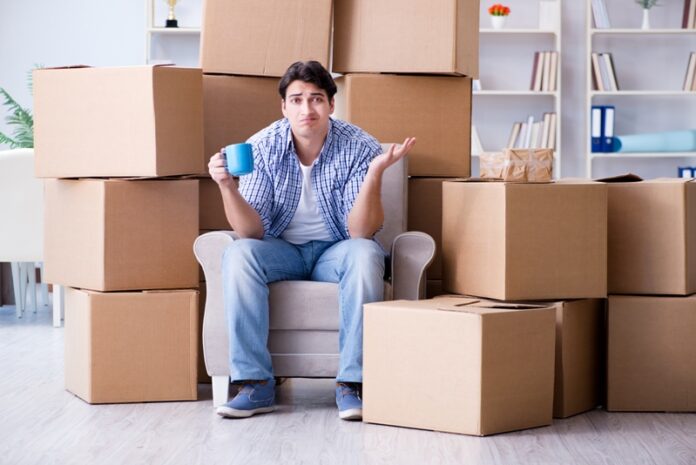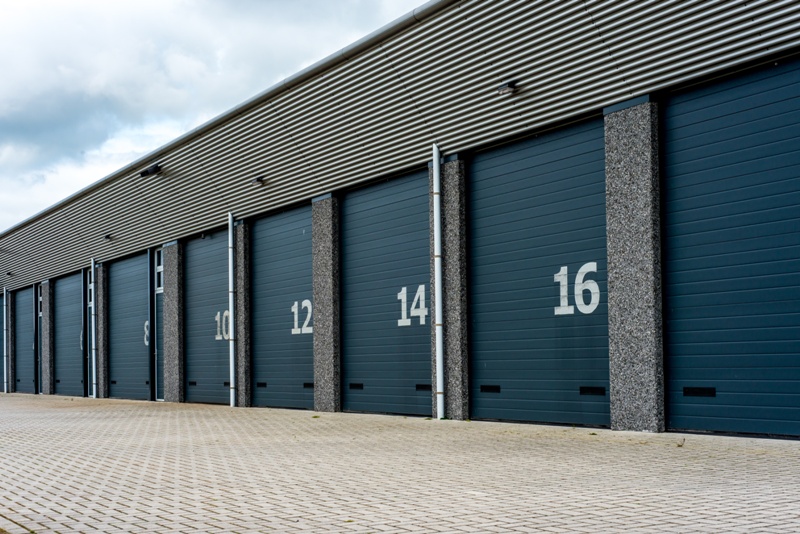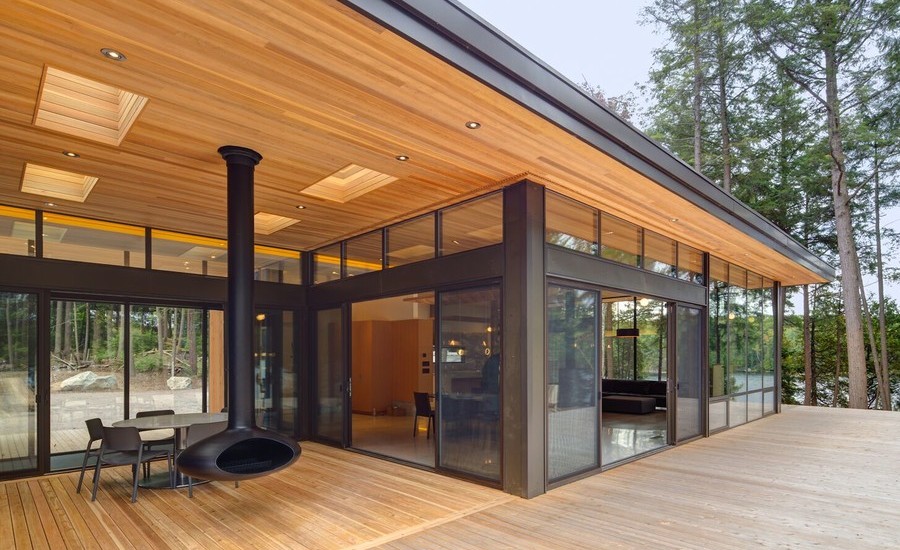Moving can prove to be a real hassle especially if you don’t move around a lot. It’s like a process that you may have gone through a few times before but still feels like you’re a first-timer whenever you need to do it again. Aside from sorting and packing all your stuff, you also need to think about how you’re going to transport them. If you’re moving across the country or even internationally, the stress doubles because then you’ll also need to take care of temporary storage for everything that you won’t be able to bring with you immediately.
It’s in such instances that storage spaces and units are very much useful. Not only are they convenient and easy to find, but they also provide a secure place for your things as you sort through your future plans.
Factors To Consider When Choosing A Storage Space To Rent
Before you start choosing, organize a list of all the items you’ll put in the storage unit to get a rough estimate of the size you’ll need.
Now, when you start looking for storage space rentals, you’ll probably see countless options available and it can get confusing to come up with a final decision. This guide will help you narrow down your choices and eventually lead you to the right storage space to rent when moving. Aside from the cost, which you’ll naturally take into account, here are other important things you should consider:
1. Storage Space Size
You can choose from the wide range of sizes available, depending on the quantity and size of your belongings. If you have plenty of belongings that’ll probably fit a one-car garage, you should probably learn how to pack a 10×10 storage unit as that’s the storage size that’ll likely fit your needs.
The smallest storage unit size available, on average, is 5×10, which is almost the same size as a walk-in closet. It’s the ideal size if you only have small appliances to store, along with several storage boxes that contain your personal belongings.
If you have a lot of large, bulky items and appliances to store, you’ll probably need a bigger storage unit size like a 10×30. This space can accommodate multiple sets of furniture, an automobile, lawn and garage equipment, and large storage boxes.
2. Accessibility
Accessibility is the extent of access that you’ll have when you rent a storage unit. If they offer 24-hour access, that means you can drop by anytime to leave or take some items. You also need to ask if they’re open on weekends and special holidays. Their accessibility should match your availability especially when you have a hectic schedule.
3. Security And Safety Of The Facility
One of the main reasons why you decided to rent storage space is because you want to make sure your belongings are stored somewhere safe and secure. Check how the storage facility or company manages their storage units with regards to security and safety.
Lighting is also another factor to consider. Is the facility well-lit and do they offer in-person surveillance? There are also storage facilities that have video monitoring features, which can give you better peace of mind. Don’t forget to ask if the contract already includes insurance for your storage unit and everything that you’ll put inside.
4. Number Of Locks
Frequent movers who have experienced renting storage spaces before also put into consideration the number of locks that the storage space has. Knowing that your storage space is safe and locked is very important especially if you plan on storing some of your valuables in there. Make sure you check what type of locks they use and how many are there in each storage. A few locks can help add more security layers to your storage.
5. Location
If you plan on accessing your storage unit every now and then, you’ll need to consider the location. How far is it from your area and will it take you several hours to drive there? If you don’t need to access it frequently, you might consider renting storage units that are outside of urban areas. Storage facilities in rural areas are less expensive and you’re more likely to find a better deal in those areas.
Type Of Storage Service
Here are two different types of storage unit services that you can choose from:
- Full-service storage: Works like a valet type of service where the storage company will pick up your stuff and bring them to the storage. You can also set a date for when you want them to return your items. They’ll also send you photos and documentation of your storage unit’s inventory.
- Self-storage: Self-storage is more affordable and is also the most popular option when renting storage space. When you rent a self-storage unit, you’ll be responsible for delivering your items to the facility. It’s also up to you to document everything that you’re keeping in your storage unit and to pick them up when you’re finished renting.
Preparing Your Items For Storage
After choosing the right storage space, your next step is to prepare and pack the items you’re going to store. Make sure to use sturdy cardboard boxes so you can easily stack them inside the storage unit without crumpling. Pack efficiently to maximize space and label each box based on its contents for easier identification.
It’s also important to be aware of the storage restrictions of your chosen facility. They’ll usually provide you with a list, but in case they forget, you can always ask so you can be prepared and aware of them beforehand. Some examples of restricted items are flammable items such as paint, gasoline, chemicals, and the like.
When you’re done, cross out your item checklist and make a proper inventory list of all the items you have successfully packed. Make sure to keep a copy of your inventory.
If you choose a self-storage unit, you’ll have to bring the items to the storage facility and arrange them yourself. Stack the boxes neatly and make sure they’re stable and not wobbling or leaning on one side. You may also want to examine the storage space first if it’s clean and dry enough. You don’t want your packed clothes smelling like mildew or must because of unsanitary storage space.
Conclusion
Renting a storage unit can significantly help in easing your way through the move. Just remember to stay organized when planning from packing to storing, and choosing storage unit sizes, location, and service type.
Pack efficiently, and maximize all the space inside the box and within the storage unit. It won’t only help you get the most of the storage cost, but will also make your inventories more manageable before and after renting the storage unit.



















